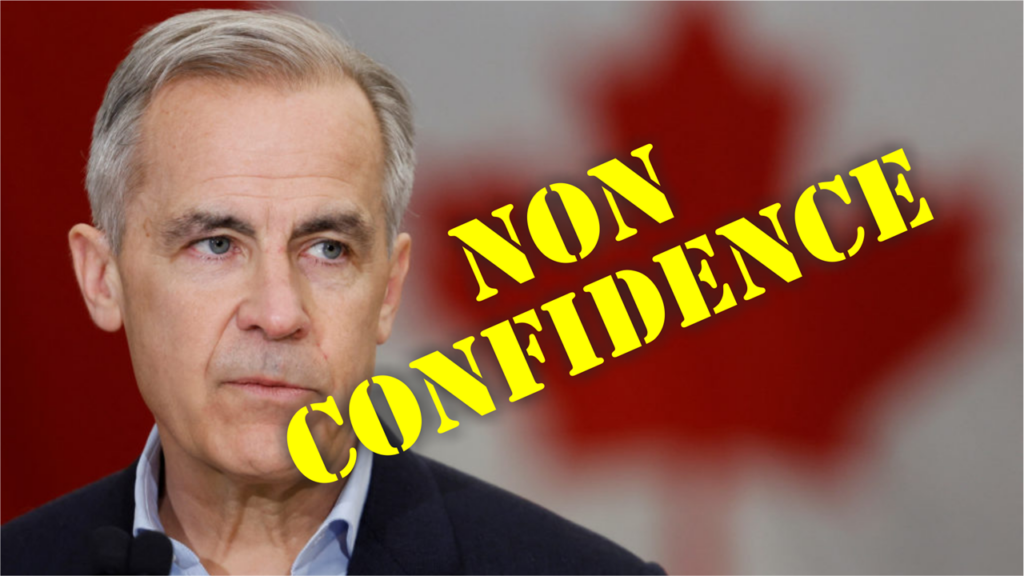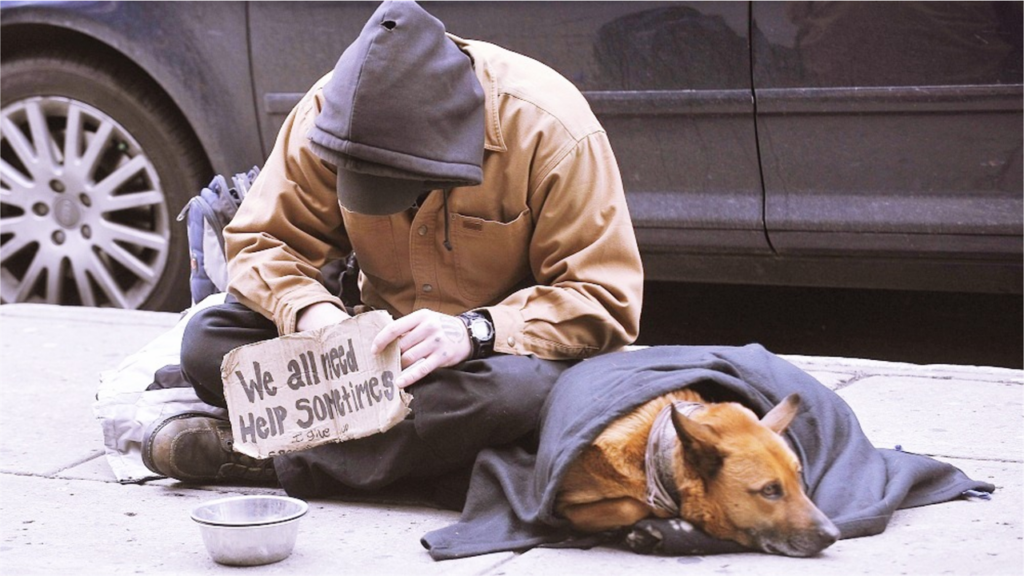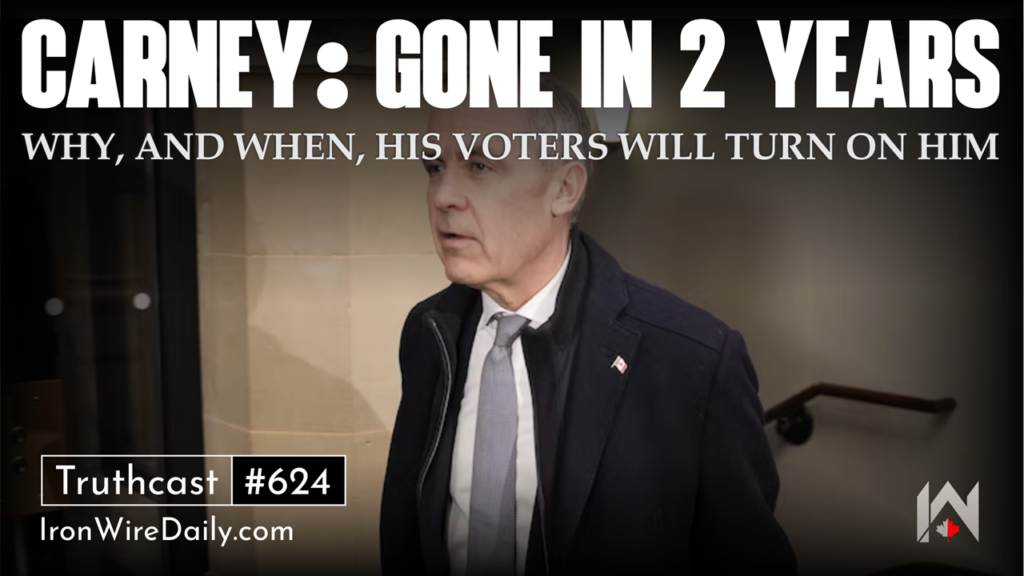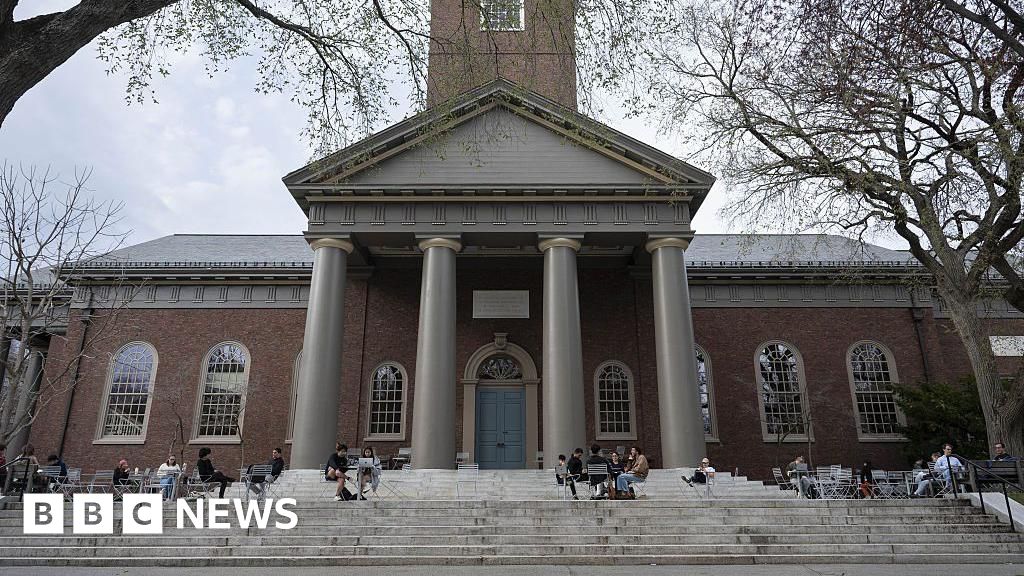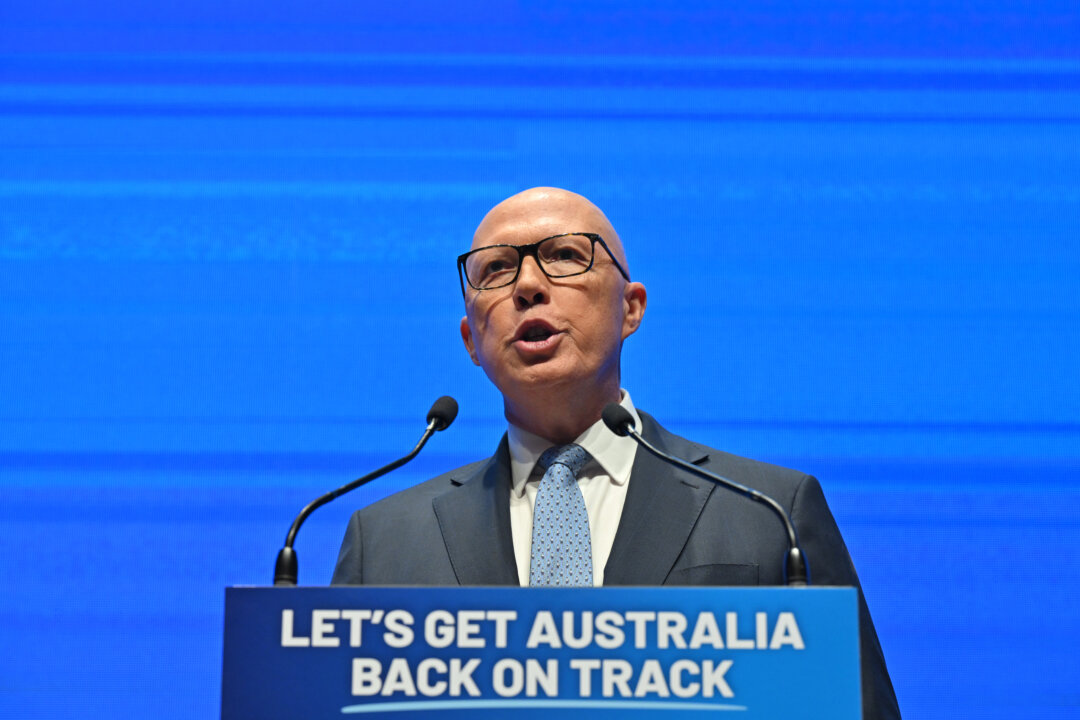Vietnam is stuck between US and China – again
‘We want to trade’: Vietnam’s future caught between the US and China again
Rupert Wingfield-Hayes
Reporting fromHo Chi Minh City

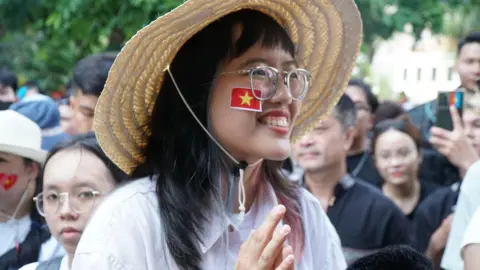 BBC/ Lulu Luo
BBC/ Lulu Luo
On a searing afternoon in Vietnam, Tung Linh declared she “basically knows nothing” about the bloody, decades-long war that pitted her country’s Communist-run North against the United States-backed South.
“My grandparents fought in the war and because of that today we can look at the sky and see an airplane and we don’t feel scared, like they did,” says the 20-year-old college student.
Stuck to her right cheek was a little yellow star on a red rectangle – the Vietnamese flag. Like her, the capital, Ho Chi Minh, was gearing up to celebrate the 50th anniversary of the end of the war, when the Communists triumphed.
Today’s Vietnam is a remarkably different country than the one American troops withdrew from in defeat – it’s enterprising, it’s growing fast and it’s getting richer.
Its authoritarian Communist leadership has embraced capitalism. They aspire to follow in China’s footsteps, and have ploughed money and effort into becoming a reliable manufacturing hub, even an alternative to China.
But that is a risky ambition during US President Donald Trump’s trade war – it’s partly why he is threatening a 46% levy against the South East Asian nation. That could shatter the country’s economic potential.
Vietnam was a French colony, a Chinese vassal and for 20 years, the proxy battlefield in America’s bloody struggle to stop China spreading communism across South East Asia.
But it cannot escape its geography. Nestled beneath China’s wide rump, it is once again on the frontline in a new American battle –which hopes to stem Beijing’s rise as an economic superpower.
Vietnam is a young country in a hurry. The median age is 33, considerably younger than Thailand or China (40), and far younger than Japan (50).
“I want to do a job that will bring more success to Vietnam,” said Linh in fluent English. She is studying economics and marketing. “And yes, success for me too,” she admits, with a smile, when prodded.
It’s a dream that suits the bustling she city she lives in – now a sprawling metropolis of 10 million people, the Vietnamese capital has the same choking traffic, glass-clad skyscrapers, five-star hotels, restaurants and seedy massage parlours as any Asian mega city.
You would be hard put to find traces of the socialist ideology that led to the city’s capture in 1975, when it was the capital of South Vietnam. The victors renamed it city Ho Chi Minh, after the revolutionary father of North Vietnam. But to locals, it is still Saigon.
And when it fell on this day 50 years ago, South Vietnam ceased to exist as North Vietnamese tanks smashed through the tall iron gates of the presidential compound and raised the red flag with a yellow star over the presidential palace.
America’s ally, the southern regime, was vanquished. Its last president had fled the previous day. More than two decades of bitter conflict was over.
The victory had come at enormous cost. An estimated three million dead and millions more injured. Between 1968 and 1975, a greater tonnage of bombs was dropped on this slender piece of land than in all theatres in World War Two.

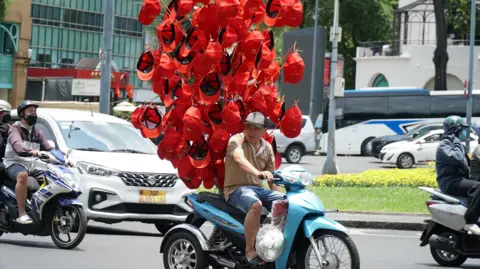 BBC/ Lulu Luo
BBC/ Lulu Luo

 BBC/ Lulu Luo
BBC/ Lulu Luo
But few here want talk about the war even as they celebrate the anniversary of their “reunification”.
Linh and her friends screamed in delight as a truck carrying soldiers drove past. The shy idols waved back – they were on their way to the barracks after rehearsals for the anniversary parade.
“I am excited because this is the day when we reunited, when we became one country again,” Linh said.
Her answer sounded a little rehearsed, not least because of the government-appointed minder who accompanied the BBC throughout. But her enthusiasm for her future – and her country’s – is not uncommon.
A little further down the road, 18-year-old Minh, who did not want to share her last name, told us she was studying to be a lawyer so she could “become successful”. With a laugh, she added: “And rich!”
When we asked about how young people feel about Americans, the minder winced visibly and tried to stop her answering.
“We’re not angry,” she says. “We don’t hate them. That was the past. Now we want to trade with America. You know globalisation? We want to learn from America.”
Vietnam’s new leaders appears to have the same ambition. In January the country’s new Communist party chief, To Lam, embarked on a program to slash bureaucracy that could impress Elon Musk, who has been overseeing the Trump administration’s controversial cost-cutting team.
The country’s 63 provinces and municipalities are being reduced to 34, and government ministries and agencies cut from 30 to 17. This year, 100,000 government employees are being laid off, according to official estimates.

 BBC/ Lulu Luo
BBC/ Lulu Luo
The ambition is huge. So far only one country in South East Asia, Singapore, has managed to escape the “middle-income trap”, where economic growth slows before countries become rich. Vietnam, whose economy is growing at a steady 5%, intends to be the second. It has flung its doors wide open to investment – and is welcoming back those it once drove from its shores.
After the 1975 victory around two million southern Vietnamese fled the country. Many were ethnic Chinese. They packed on to flimsy boats and set out across the South China Sea. They became known as “the boat people”. Today their descendants make up a diaspora of nearly six million stretching from the United States and Canada to France, Germany, Japan and Taiwan.
“Since 2017, I have promoted many Taiwanese companies to invest in Vietnam, and I myself am an advisor to several large electronics companies that I brought here,” said Lisa Wu, who was born in Saigon but spent three decades in Taiwan. Now she is back.
“The most attractive thing is that the Vietnamese government is very supportive. The electronics industry is expanding out of China and a lot will choose Vietnam.”
It’s no coincidence this shift began around 2017, when Trump declared his first trade war against China.
Two young businesswomen from southern China, who did not want to share their names, tell us they have spent the last two years setting up a shoe factory here: “Now it’s ready to go.”
They plan to export to the US. They are concerned about the possibility of higher tariffs for Vietnam – it currently faces a 10% levy, like most of the world – but “it’s a lot better here than China”, they say with a laugh. Chinese imports to the US face a range of tariffs that go up to 245% for some goods.

 BBC/ Lulu Luo
BBC/ Lulu Luo
Still, Vietnam is feeling the impact, Ms Wu said. “I had several factories preparing to begin operations here this May. But because of the policy change, all have stopped and everyone is waiting.”
Vietnam is again being asked to choose – America or China. But it’s not a choice it can or will make because it needs both.
Less than two weeks ago, they rolled out the red carpet to welcome Chinese leader Xi Jinping in Hanoi. Warm words were spoken of fraternal friendship and support. But relations with their big communist neighbour are trickier than they may appear. For years, Vietnam has walked a tightrope between Washington and Beijing – the latter’s expansive ambitions can be a threat to neighbours, especially growing economies that are keen to woo US businesses.
As Vietnam insists on “looking forward”, it appears to have almost forgotten the men and women who fought in the jungles and through the hell of American bombs.
But even they say there must be no return to the past. “I used to have a scar here,” says Le Thanh Gian, pointing to his right hand, where a bullet had once lodged.
“There are still some pieces of shrapnel in my body that couldn’t be removed. There were battles where it seemed like we would all be killed. But some of us survived while others fell.”
But he says he bears no anger anymore.
“We must have peace. We have already made a lot of progress. People’s lives are more prosperous and fulfilled. Now we must work together with the Americans for the future.”
